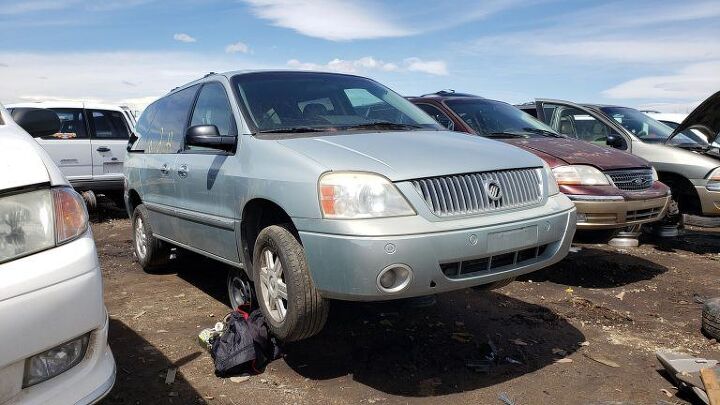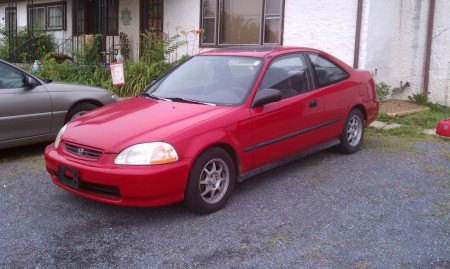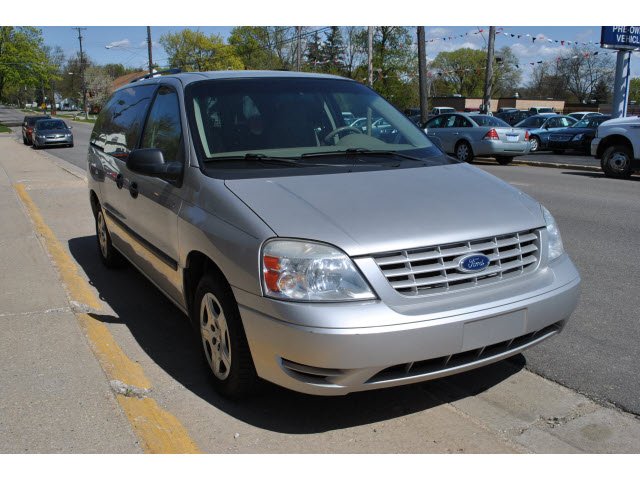#freestar
Junkyard Find: 2005 Mercury Monterey
Hammer Time: The $700 Repo
My brother-in-law’s 1997 Honda Civic took a vacation recently, and it only cost me about $700.
Total Recall Update: Rustectomy Successful But Change Is In The Wind
Saturday was a day of reckoning for my Ford Freestar. As detailed in an article I wrote last week, my Freestar required a trip to the dealer to repair rust related issues that affected the rear wheel wells and the third row seat latches and the cost of the repairs were covered by Ford under a recall issued earlier this year. I promised then that, once the repair was completed, I would report back to you on how everything turned out.
Highway Star: Road Tripping In The Ford Freestar
2005 Ford Freestar
Sometime in the predawn hours of a day in early August 1974, my father loaded his wife and five children into his recently purchased Chevrolet ¾ ton pickup truck, the adults isolated safely in the cab while we kids were locked like monkeys in a cage under a canopy in the back, and left Snohomish, WA for Horton, KS. It was a trip we made several times during my childhood and I have vivid memories of waking up in the predawn hours when the air was still cold and first rays of the sun were just beginning to paint the sky in the East. In the decades since, my road trips have always begun that same way and so now, having just completed their first big road trip from Buffalo, NY to Washington D.C. my children will share those memories as well.
Gray Lady Down: A Tale of Rescue and Redemption
2003 Ford Freestar
To be frank, the 2003 Ford Freestar is a dowdy looking vehicle of ponderous proportions. Its short, squat body is purely utilitarian. The bulging fender flairs, which look like they were added as a stylistic afterthought, make the van look like a chubby woman in stretchy pants when viewed from behind. As a lover of cars, I should hate everything about it.
But I can’t hate it. The short squat body makes getting in and out easy for my wife and kids, and “utilitarian” means “good” when you are talking about a people mover. From the front, the van’s large headlights, sweeping windshield and square grill give it an honest, open face that is pleasant to look at and, the truth is, I am a sucker for a pretty face.




















Recent Comments